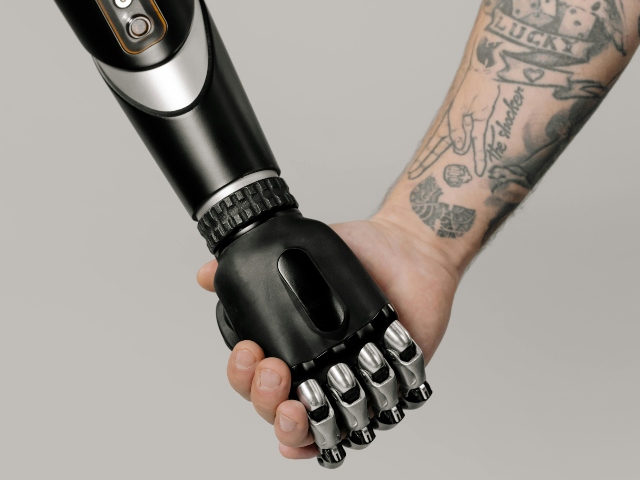As artificial intelligence continues its meteoric rise, a hidden workforce of millions toils to ensure its smooth operation, often in exploitative conditions and for low wages.
CBS News reports that in the rapidly evolving world of AI, the narrative often focuses on the potential for machines to replace human jobs. However, the reality is far more complex. Behind the scenes, a growing global army of millions is working tirelessly to make AI run smoothly. These “humans in the loop” are tasked with sorting, labeling, and sifting through vast amounts of data to train and improve AI algorithms for tech giants like Meta, OpenAI, Microsoft, and Google.
This critical work is often outsourced to countries with large, low-wage populations, such as Kenya, India, the Philippines, and Venezuela. In Nairobi, Kenya, one of the main hubs for this type of work, the promise of an AI job is a beacon of hope for many in a country grappling with an unemployment rate as high as 67 percent among young people. Naftali Wambalo, a college-educated mathematician and father of two, was thrilled to find work in this emerging field.
Naftali and other digital workers spend eight hours a day in front of screens, studying photos and videos, drawing boxes around objects, and labeling them to teach AI algorithms to recognize them. From identifying furniture in a house to categorizing faces by race, these workers are essentially teaching machines to think and act like humans.
However, the reality of these jobs is far from the glamorous image often portrayed. Nerima Wako-Ojiwa, a Kenyan civil rights activist, describes the work as “modern-day slavery,” with big American tech companies exploiting cheap labor under the guise of creating opportunities. Workers are often hired on short-term contracts with little job security, and the workspaces resemble AI sweatshops, with computers replacing sewing machines.
To lure tech giants, the Kenyan government has been offering financial incentives and promoting the country’s reputation as the “Silicon Savannah.” However, the workers are not hired directly by the big companies. Instead, they engage American outsourcing firms, like SAMA, which employs over 3,000 workers in Kenya and has hired for Meta and OpenAI. Despite the outsourcing companies being paid significantly more per worker, the actual wages received by the employees are shockingly low, often around $1.50 to $2 per hour before taxes.
In addition to the low wages, workers face unrealistic deadlines and punitive measures, with mere seconds to complete complicated labeling tasks. Those who complain risk being fired, creating an atmosphere of fear and insecurity. Some workers have even reported being assigned to train AI to recognize and filter out disturbing content, such as pornography, hate speech, and graphic violence, without adequate mental health support.
Nearly 200 digital workers are now suing SAMA and Meta over the unreasonable working conditions that have caused mental health problems. The workers claim that the companies are aware of the damage being done but continue to exploit vulnerable populations.
Breitbart News previously reported that many companies are also engaging in “AI washing,” by using actual human labor pretending to be AI:
One high-profile example is Amazon’s “Just Walk Out” technology, which claims to use AI to enable customers at many of its Amazon Fresh and Amazon Go shops to simply pick their items and leave, with the AI using sensors to determine what they have chosen and automatically billing them. However, reports earlier this year questioned the extent of AI’s role in the system, suggesting that around 1,000 workers in India were needed to manually check almost three quarters of the transactions. Amazon denied these reports, stating that the Indian workers were simply reviewing the system.
The rise of AI washing can be attributed to several factors, including competition for funding and the desire to appear on the cutting edge. According to OpenOcean, a UK and Finland-based investment fund for new tech firms, only 10 percent of tech start-ups mentioned using AI in their pitches in 2022, but this rose to more than a quarter in 2023 and is expected to be more than a third this year. However, as Sri Ayangar, a team member at OpenOcean, notes, “a significant disparity exists between companies claiming AI capabilities, and those demonstrating tangible AI-driven results.”
Read more at CBS News here.
Lucas Nolan is a reporter for Breitbart News covering issues of free speech and online censorship.
